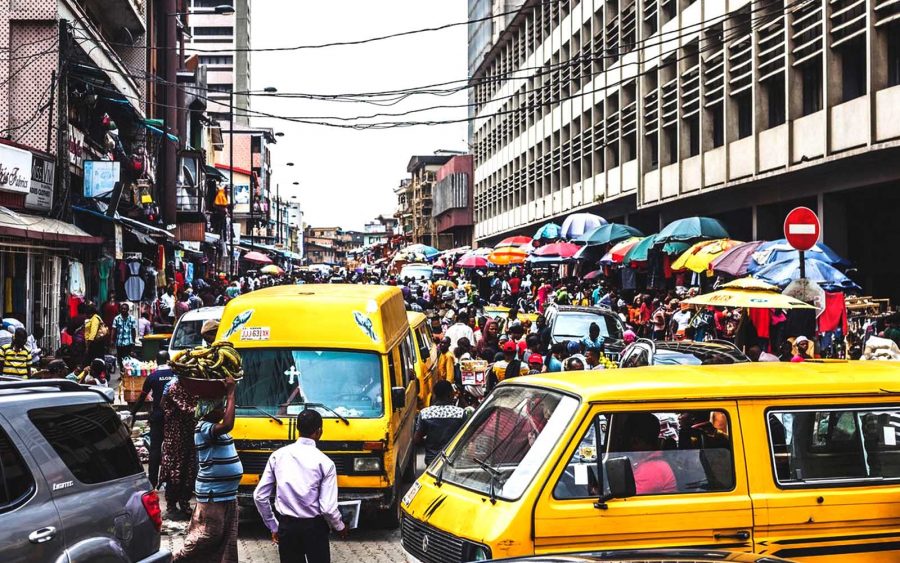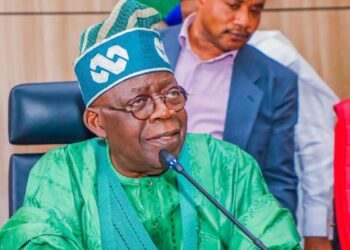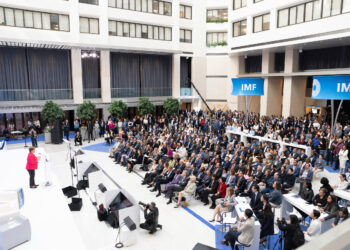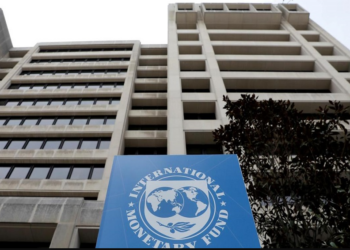Research conducted by FSDH Merchant Bank Ltd forecasted that inflation rate is expected to drop to 11.40 per cent from the 11.44 per cent recorded in December 2018.
According to the report by FSDH, the drop is not because the prices of consumer goods are dropping, but because the Consumer Price Index (CPI) increased faster in January 2018 (0.8%) than in January 2019 (0.78%), so the headline may be misleading to suggest prices have actually dropped.
In addition to this, a report from Consumer Expectations Survey (CES) conducted by the Central Bank of Nigeria (CBN) in the third quarter of 2018, stated that Nigerians believe inflation and unemployment rated would rise in the next one year.
While FSDH predicts a drop in inflation, the International Monetary Fund (IMF) predicted that the inflation rate in Nigeria will rise to 13.5 per cent in 2019.
How does this research affect the CBN
The Central Bank of Nigeria (CBN) is tasked with the responsibility of ensuring price stability (maintain low inflation rate that will stimulate economic activity), and according to the report from FSDH, they should be worried about the double-digit inflation for three reasons.
“Firstly, the current inflation rate is higher than the 6 – 9% that the CBN targets for the country.
“Secondly, our outlook of the inflation rate as from June 2019, indicates that inflation may move up sharply as we expect adjustments in the price of Premium Motor Spirit (PMS) and electricity tariff.
“Thirdly and perhaps the most important reason is that the tools the CBN usually uses to control rising inflation may not be very effective under the current situation. This is because the drivers of the expected increase in the inflation rate require different methods.”
Inflation in the country climbed to 11.23 per cent in August, higher than the 11.14 per cent recorded in July. However, inflation in Nigeria was estimated to fall to 12.4 per cent in 2018, from 16.5 per cent in 2017.
























